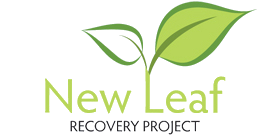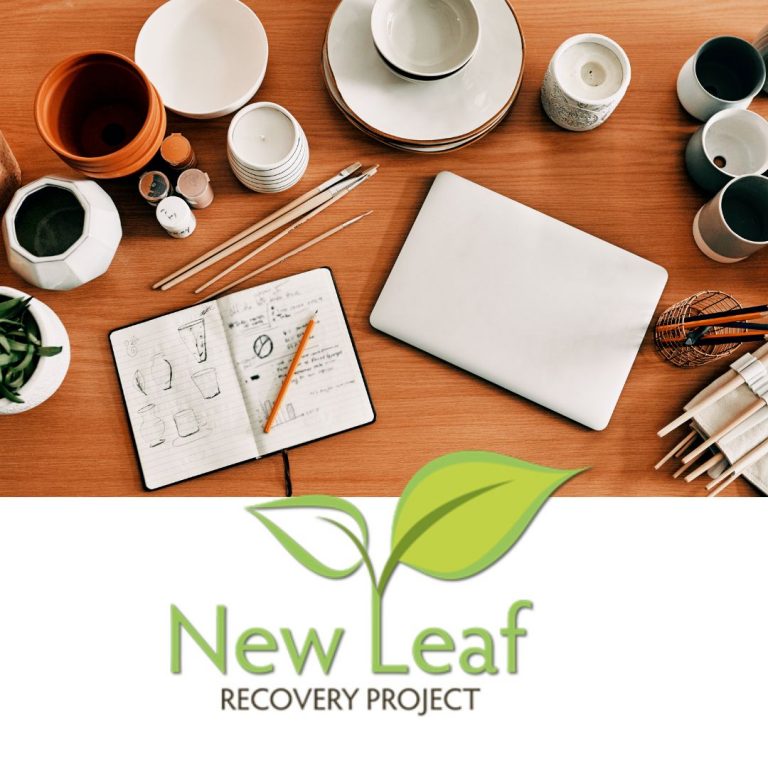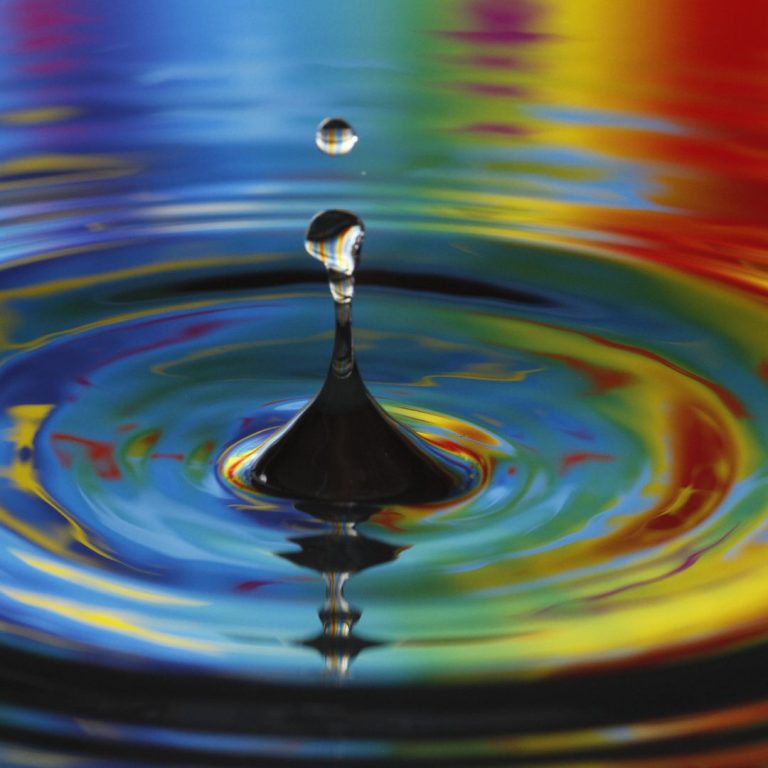Detoxification
Detoxification in Rehab
Detoxification is the process of cleansing the body of toxins built up from the addictive substance. This allows your body time to recover from the physical and mental damage caused from addiction. Whatever your circumstances, and regardless of whether this is the first time you have tried to address addiction issues or whether you have tried many times before, New Leaf Recovery believes it is never too late to change your life. At New Leaf, the journey for many starts with a period of detoxification.
Detoxification is generally considered the first stage of treatment because it is designed to manage the acute and potentially dangerous physical and physiological effects of stopping consumption. During this process, the body clears itself of toxins and is often accompanied by unpleasant and sometimes even fatal side effects caused by withdrawal. If not handled correctly by detoxification professionals, these withdrawal symptoms could lead to fatality. In the case of dependency on any substance or process, the longer a person has been addicted, the more the physical and psychological dependence on the drug or behaviour of choice develops. When an individual abruptly discontinues use, he or she will begin to experience a variety of symptoms associated with withdrawal.
It is important to remember that the process of detoxification is best completed under professional monitoring to ensure that you remain safe. At New Leaf Recovery, we have a team available 24/7 to support you. Speak to our team today to start detoxing.
Seek Support

Helpful Articles
Our Complete Recovery Journey - from your initial enquiry, all the way through treatment and beyond into ongoing support, New Leaf Recovery are there to guide and support you.
New Leaf offers a complete journey of treatment - from initial detoxification and rehabilitation to ongoing support, including aftercare, family support, and beyond into long-term recovery.
Getting the right accommodation enables us to provide the right backdrop for our recovery methods. Any form of rehabilitation needs to happen in a safe, comfortable, secure and friendly environment.
Receive a Free Call Back
"*" indicates required fields



